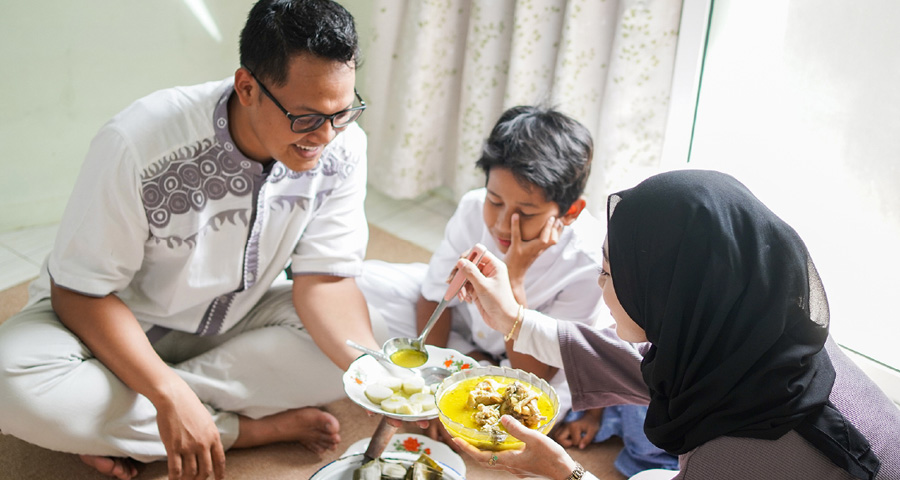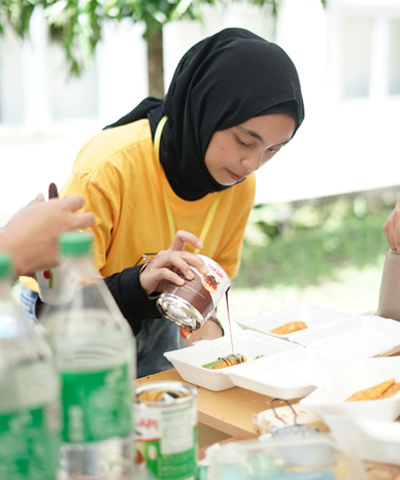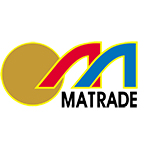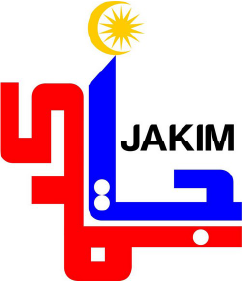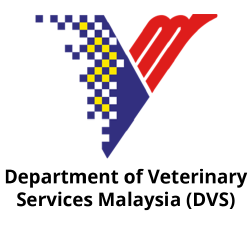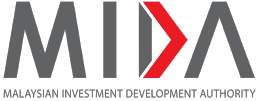
“Allowed or Permitted”
The term halal means allowed or permitted. Based on the principles of Islamic faith, Muslims are to only consume products that originate from halal sources, and are processed, stored and transported in a manner that is compliant with halal standards and requirements.
With close to two billion Muslims in the world today, the global halal economy is poised to take off. Muslim consumers are increasingly discerning in their purchasing decisions and seek products that are of high quality and meet credible halal standards.
Australian businesses that consider obtaining halal certification can benefit by widening their pool of potential customers. Having halal certification provides consumers with peace of mind and assurance that the product is hygienically prepared and processed.
Halal isn’t just about food
It relates to many different aspects of a lifestyle
While many people associate the concept of halal with food & beverages, in fact halal encompasses an entire ecosystem of products and services. This ranges from products that one consumes such as supplements, cosmetics that are made from halal ingredients and services that are part of a daily lifestyle such as Islamic financing.
Based on a report by Salaam Gateway, Muslim spend is forecasted to reach A$ 3.4 trillion by 2024 across the food, pharmaceutical, cosmetic, travel and media sectors – driven by Islamic faith-inspired ethical consumption needs.
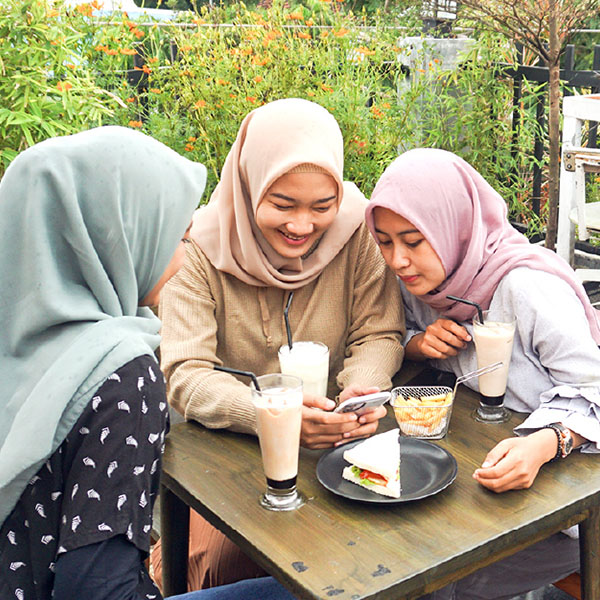
Global Halal Market
The global Islamic economy has a bright future ahead for several reasons including the large and growing Muslim population, an increasing adherence to Islamic ethical values and awareness, rising disposable incomes and a growing number of national strategies dedicated to halal products and services development.
A study done by the Pew Research Centre showed that the global Muslim population is expected to grow twice as fast as the overall world population, reaching 3 billion by 2060. Furthermore, the Muslim population will also be a young cohort, with 60% aged 15-59 and 24% under 15 years of age in 2050.
Muslim Population Age Group in 2050
| Aged 15 – 59 | |
| Aged below 15 | |
| Others |

Increased Government
Focus on Halal Economy
Several national Halal frameworks were launched in recent years, most notably Indonesia’s mandatory halal law, which came into force for halal products. The Malaysian government has also identified Halal as one of the key drivers of its National Recovery Plan. What does this mean for Australian businesses?
There are considerable opportunities by being able to cater to the significant Muslim population who are predominantly young, increasingly discerning in nature and willing to pay for higher quality halal certified products and services.
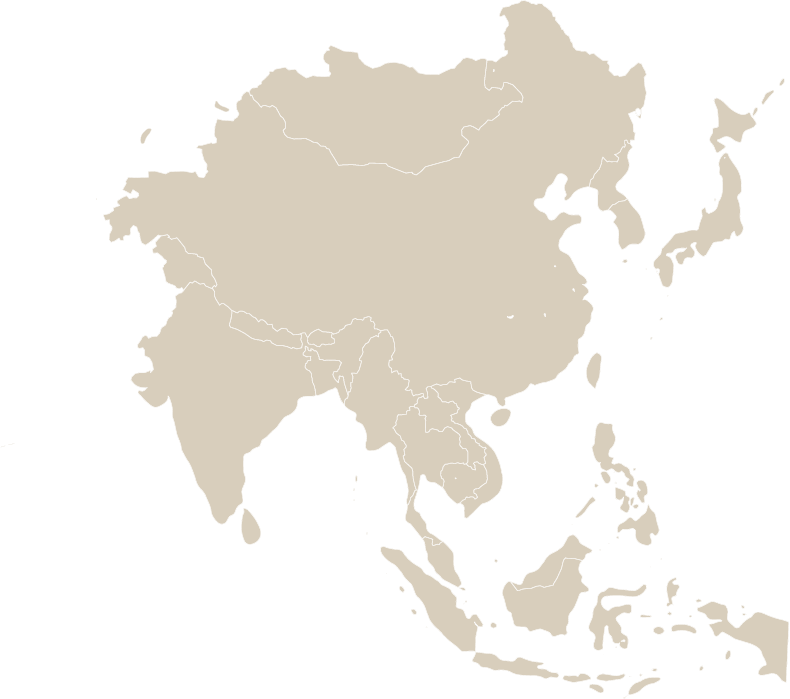









































































































Key Halal Markets in Asia
Australia is home to more than six hundred thousand Muslims as part of its diverse makeup of people. Australia’s credentials in the Islamic economy are further highlighted by it being the 9th top exporter of halal food produce to Muslim countries according to Salaam Gateway.
Australia’s geographic location in the ASEAN region is advantageous given it is home to over 250 million Muslims, with the majority of Muslims living in Indonesia as well as Malaysia, Brunei, Thailand, Philippines, and Singapore. There is also a significant Muslim population in the wider Asia-Pacific region.
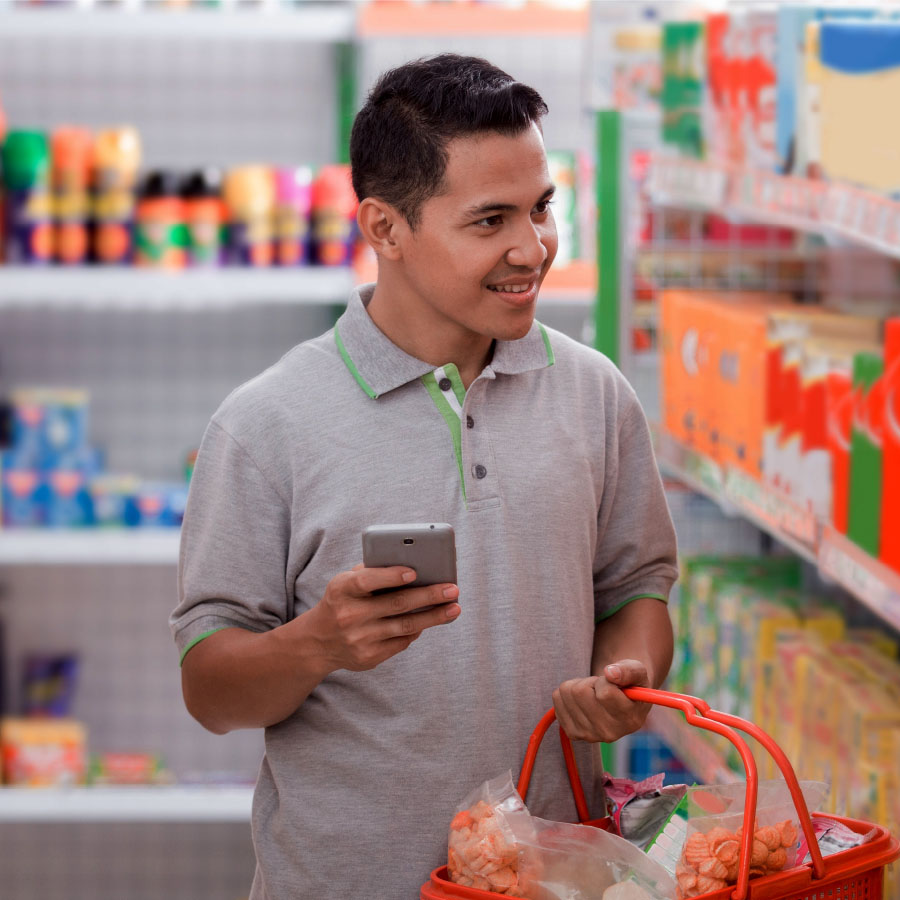

Growing Demand in Malaysia for Halal Goods
Malaysia is an attractive destination for quality halal goods given its sizable Muslim population and their preference for halal certification as a key purchasing criteria. Malaysia’s significant pool of engaged consumers with increasing preference for branded products, driven in part by a more sophisticated lifestyle leads to greater consumption of imported food and beverages.
According to DFAT, in 2021 Malaysia was Australia’s second largest trading partner in ASEAN and 9th largest partner overall. Two-way trade between Malaysia and Australia average around A$20 billion annually.
Australian products enjoy a strong reputation among Malaysians and are well known for their high quality, innovativeness and rigorous safety standards.
Distribution Channels
in Malaysia
Retail, Food Services,
& Food Manufacturing.
Exports to Malaysia can be undertaken through direct import, via consolidators or through importers/distributors. Depending on the end-distribution channel – retail, food services or food manufacturing, there will be varying levels of halal compliance that is required.
RETAIL
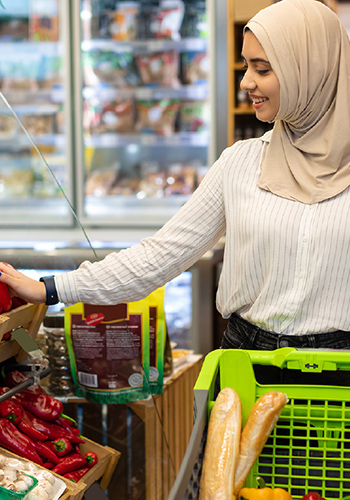

Malaysia has a dynamic and fast-evolving food retail scene comprising of premium supermarkets, hypermarkets, convenience stores, and independent grocers.
Even though imported food and beverage products do not have to be necessarily certified halal for sale in retail outlets (uncertified SKUs may be placed onto shelves side-by-side with halal certified foodstuff), it is highly recommended to pursue halal certification for full access to the Malaysian market and as a value-add.
While there are food service operators in Malaysia that are not halal certified, for those that are running halal certified restaurants it is imperative that the entire supply chain from sourcing to serving in the establishment is halal compliant or they risk losing their halal status.
Most major fast food chains in Malaysia are in fact also halal certified to be able to serve all Malaysian customers.
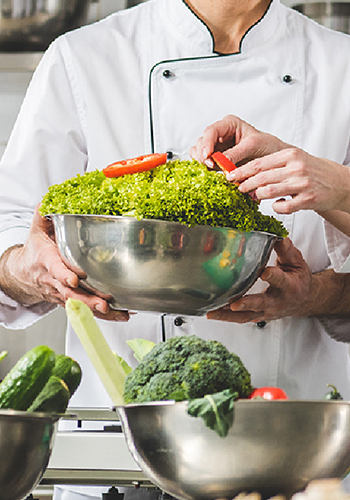

FOOD SERVICES
FOOD MANUFACTURING
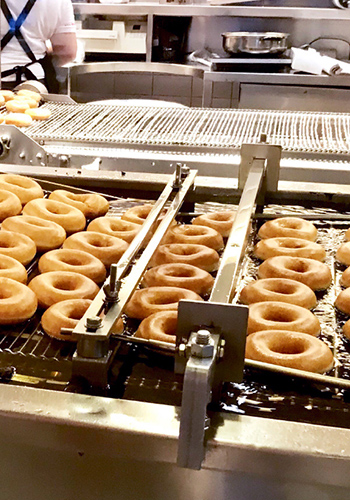

Malaysia has a well-established food manufacturing and processing industry and the government has stated its intention of turning the country into a global hub for halal produce.
There is potential for supply of Australian exports of halal food ingredients into food manufacturing in Malaysia due to insufficient local supply.
When sourcing for raw ingredients, many companies require the raw ingredients to have halal certification to comply with the halal requirements of their factories and business operations.
Malaysia’s Top 10 Halal Export Destinations Q1/2021 Source: HDC
Halal Export Categories Q1 2021 (RM Mil)
Food & Beverage
3,819.52
56.9%
Halal Ingredients
2,454.35
28.9%
Cosmetics & Personal Care
468.83
8.7%
Industrial Chemical
95.83
2.9%
Pharmaceutical
64.79
1.5%
Palm Oil Derivatives
36.68
1.0%
Halal Export Categories Q1 2021 (RM Mil)
| Food & Beverage | 3,819.52 | 56.9% |
| Halal Ingredients | 2,454.35 | 28.9% |
| Cosmetics & Personal Care | 468.83 | 8.7% |
| Industrial Chemical | 95.83 | 2.9% |
| Pharmaceutical | 64.79 | 1.5% |
| Palm Oil Derivatives | 36.68 | 1.0% |



China AUD 281.83 Mil
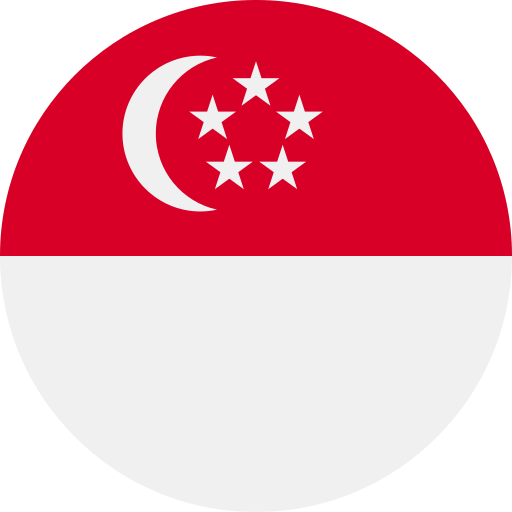


Singapore AUD 280.15 Mil
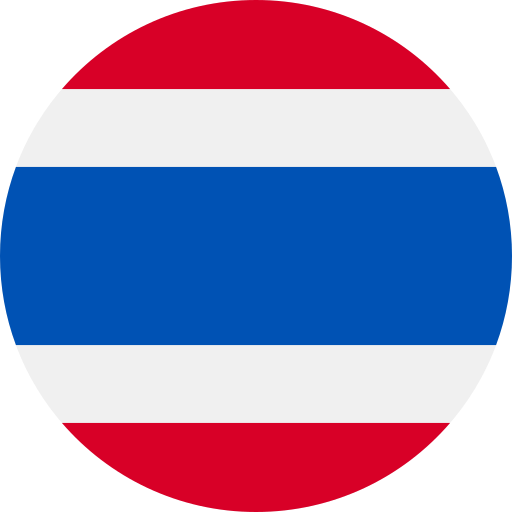


Thailand AUD 137.78 Mil



India AUD 125.85 Mil



Indonesia AUD 101.97 Mil
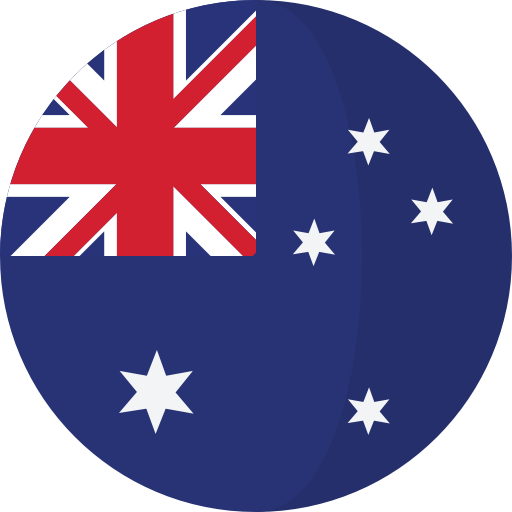


Australia AUD 89.72 Mil
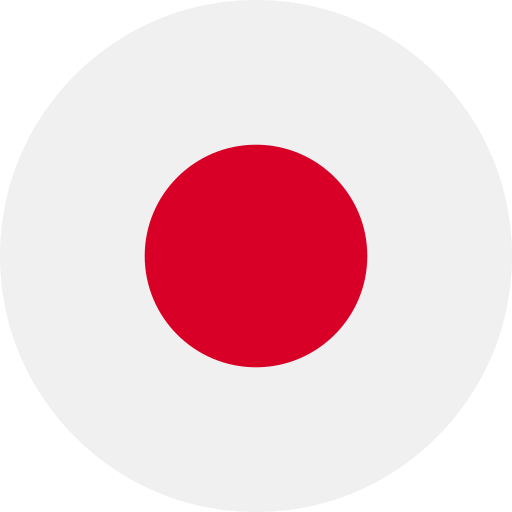


Japan AUD 89.72 Mil
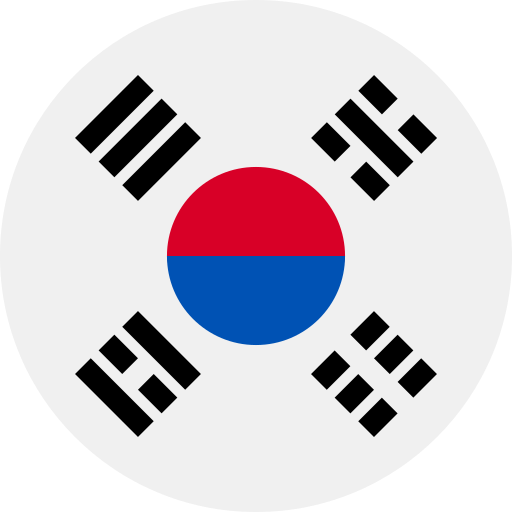


South Korea AUD 86.84 Mil



USA AUD 79.16 Mil
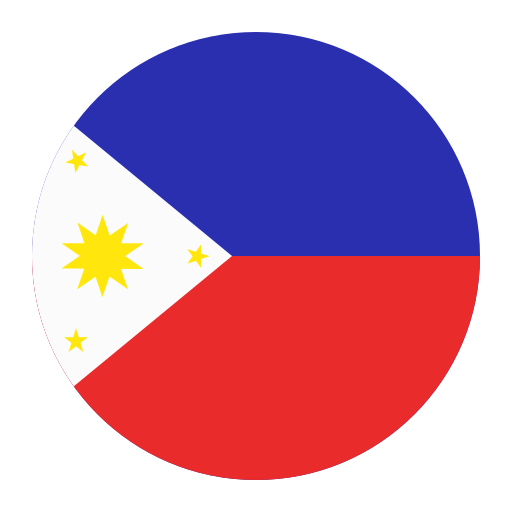


Phillippines AUD 73.19 Mil





China
RM 843.55 Mil





Singapore
RM 838.51 Mil





Thailand
RM 412.39 Mil





India
RM 376.67 Mil





Indonesia
RM 305.20 Mil





Australia
RM 268.55 Mil





Japan
RM 268.55 Mil





South Korea
RM 259.91 Mil





USA
RM 236.93 Mil





Phillippines
RM 219.06 Mil
While businesses can look forward to the growth in Malaysia’s domestic halal market, they can also leverage Malaysia’s effort to strengthen its position as a leading halal hub to enjoy stronger export opportunities.
A number of multinational companies have set up regional production facilities in and around Kuala Lumpur. The availability of a skilled and productive workforce, good infrastructure, ease of doing business and accessibility to halal sourced ingredients makes Malaysia an ideal launching pad for regional expansion.
One example is Nestle Malaysia. The company exports to more than 50 countries. All products manufactured, imported and distributed by Nestle Malaysia are certified as halal.
Given Malaysia’s halal certification requirements are rigorous and well-regarded in the global Islamic community, a business that is able to comply with Malaysia’s halal certification requirements will also be better prepared to fulfill the halal standards of other countries.
CASE STUDY
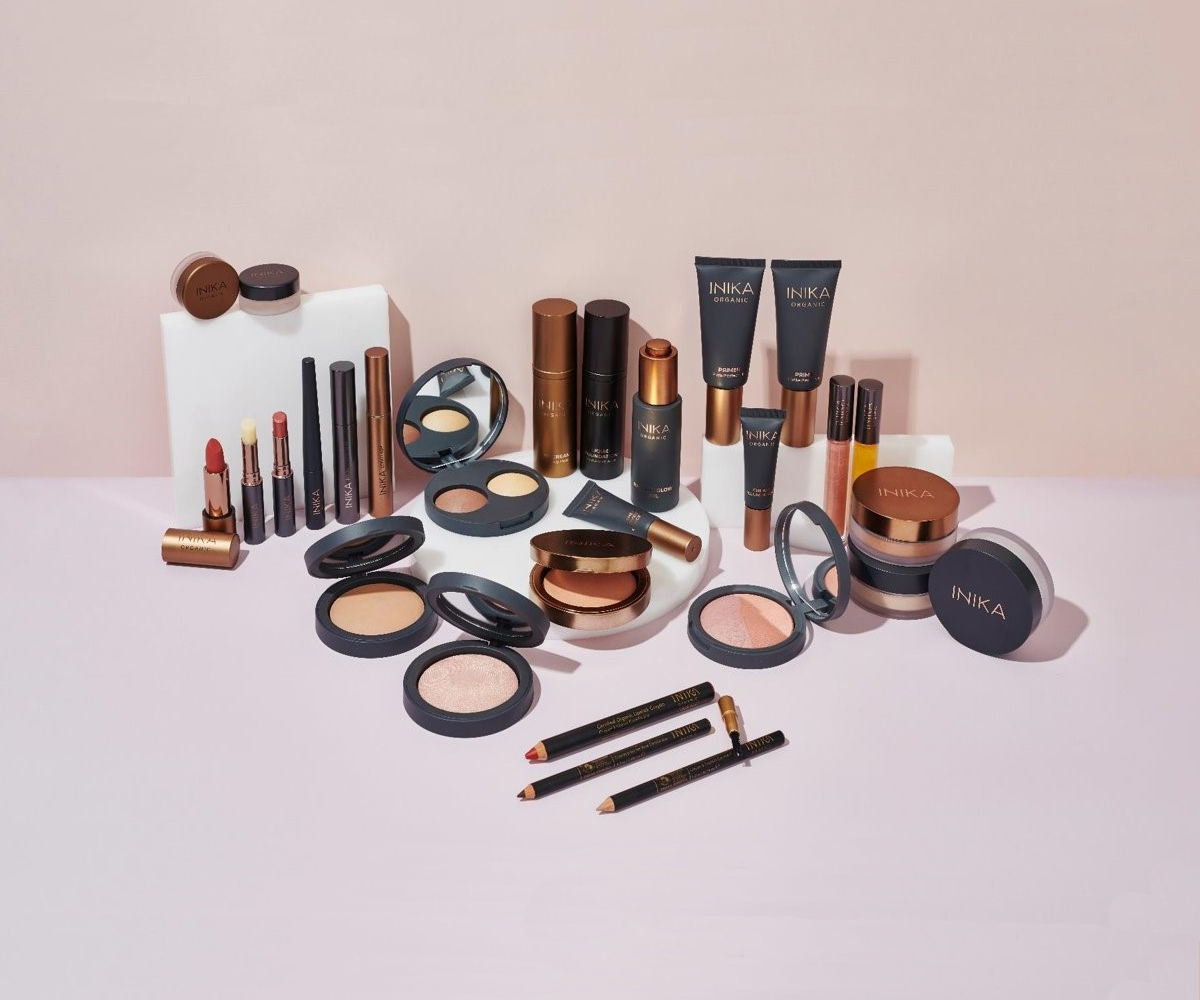



Total Beauty Network
Founded in 2006, Total Beauty Network is a global Australian owned and operated beauty company that is 100% committed to creating products that are cruelty-free, healthy and ethical. With these three things in mind, TBN is continually pushing the boundaries of product innovation to ensure exceptional quality, with amazing colour pay-off and performance.
TBN is the powerhouse behind award-winning and leading brands: Inika Organic, Raww Cosmetics, Designer Brands Cosmetics and Colour by TBN. INIKA Organic is now exported to over 35 countries and growing.
INIKA Organic is the highest certified beauty brand in the world, offering consumers 100% natural, no compromise, award winning make up and skin care. INIKA Organic’s certifications include Organic, Natural, Halal, Vegan, Cruelty Free and Plastic Neutral.
INIKA Organic’s Halal certification helps ensure the high quality, appeal and inclusiveness of the brand to cater for a range of lifestyles, beliefs and backgrounds. All INIKA Organic products are vegan, do not contain alcohol and are formulated to meet the Halal Standard.
INIKA Organic was recently featured in a recent ABC article – The ‘Muslim mum’ is the target of Aussie exporters going vegan, organic and halal that highlighted the interest in Halal products and appeal for customers looking for ethical, clean make up and skincare products.
INIKA Organic caters to the Australian and overseas markets with a growing interest in markets keen to consume halal certified products. There is an increased demand from countries such as Saudi Arabia, the UAE, and Malaysia and we are working to grow these markets.


Swisse
Demand for halal-certified nutraceuticals, from vitamins to health supplements, is growing steadily across Asia. Health and wellness brand, Swisse Wellness was founded in Australia in the late 1960s and since then the brand has been continually developing wellness products of superior quality and efficacy, educating consumers about the importance of taking care of their health as well as promoting sustainable ingredients.
Swisse currently exports Australian halal-certified vitamins and supplements in Singapore, Malaysia and Indonesia, and recently launched a range of halal multivitamins in Brunei.
Swisse recognises the importance halal-certification has to unlock opportunities in South-East Asia markets and with other markets across the globe. The business prioritises halal-certified ingredients within their supply chain, and their partnerships with halal manufacturing facilities to ensure their products are accessible to everyone.
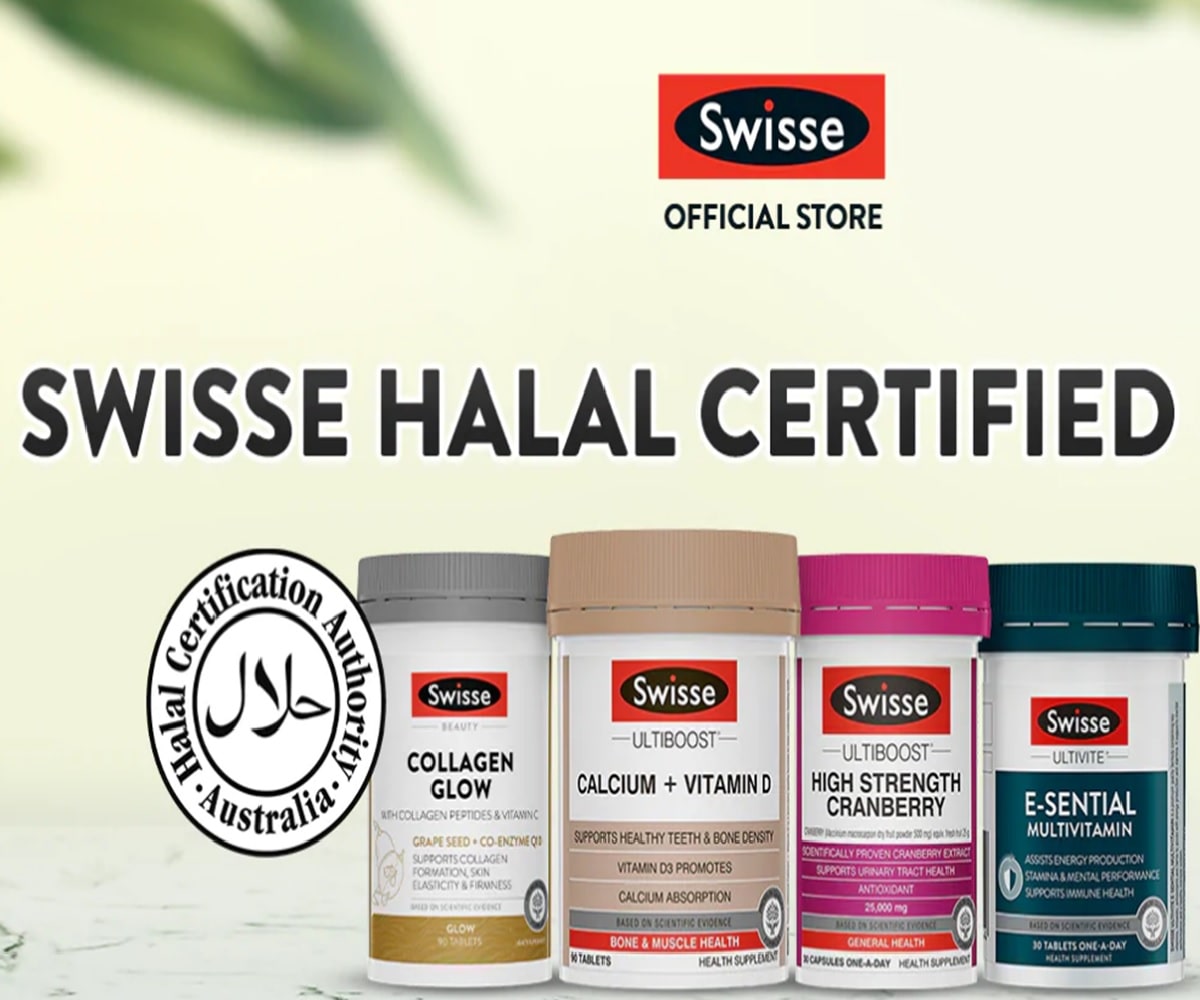

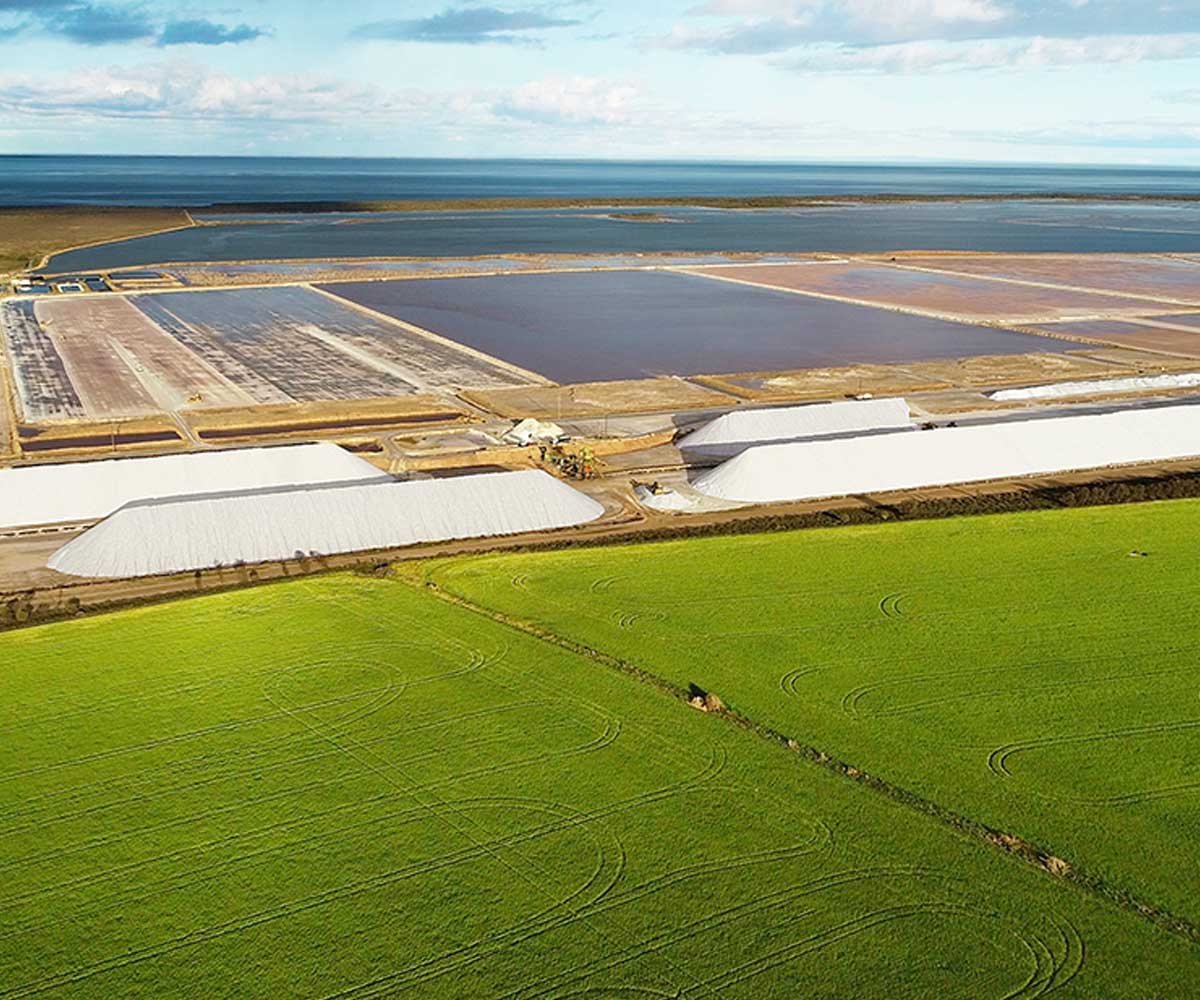

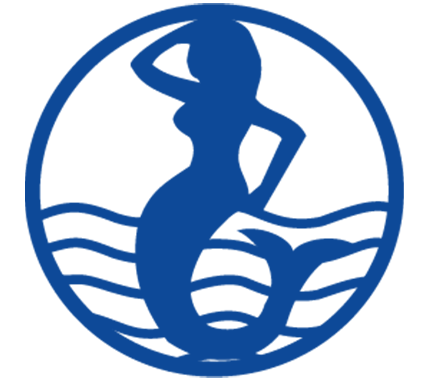

Cheetham Salt is one of Australia’s oldest and largest producers of salt.
Founded in 1888, Cheetham Salt Limited (Cheetham) is Australia’s largest producer and refiner of solar sea salt. They operate 6 solar salt fields across Australia and supply domestic and export customers the highest quality natural sea salt.
They are expert at harvesting, washing, refining and packing various grades of sea salt for all industries and work in partnership with customers to meet most specifications required.
They are certified to the most rigid standards including HACCP, ISO14000, IS9001, HALAL, NASAA organic input. With customers spanning the globe their premium food grade sea salt is exported to food manufacturers and supermarkets, including to Japan, USA, Korea, Singapore and China.
Many customers now prefer Cheetham’s sea salt as it is harvested from Australia’s Southern Ocean, the cleanest in the world and away from congested shipping channels and heavily populated cities. The salt is natural, pure, clean and white, used by customers requiring a premium and consistent product.
Cheetham is already integrated with the Malaysian market. They have supplied organic and halal salt to Malaysian food producers and are able to offer their premium salt to more customers seeking high quality sea salt.
In 2019, Austrade supported Cheetham’s visit to Malaysia, facilitating introductions to key industry representatives and identifying export opportunities. With the assistance of Austrade Cheetham started exporting organic and Halal food grade sea salt into Malaysia. Cheetham is ready to expand in Malaysia and looks forward to introducing their high quality food grade sea salt to new customers.
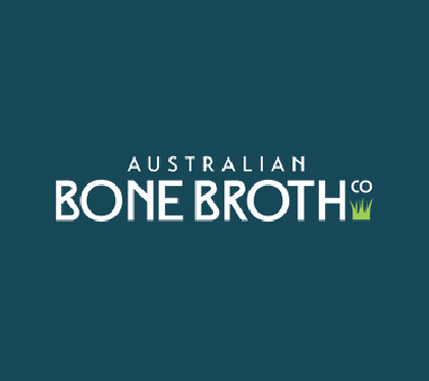

Australian Bone Broth sees great potential in the growing Islamic market globally.
Hailing from the Eastern state of Queensland, Australian Bone Broth is a company which sees great potential in the growing Islamic market globally (including the Malaysian market). First introduced to the market as a member of the Austrade delegation to the Food and Hotel Malaysia trade expo, it assesses the market potential where halal certification is necessary.
Their products contain the building blocks of good health – capturing the nutrient-filled goodness of grass-fed beef in a healthy, tasty, all-natural savoury broth. The high protein content and other essential nutrients nourish our immune system, helping us fight illnesses and is an excellent dietary addition for athletes and active individuals.
Some of their bone broth concentrates are already halal-certified in Australia and subsequently recognised in Malaysia. With the halal logo representing a mark of excellence, Malaysian Muslim consumers and halal establishments are more likely to connect and resonate with the brand and its products.
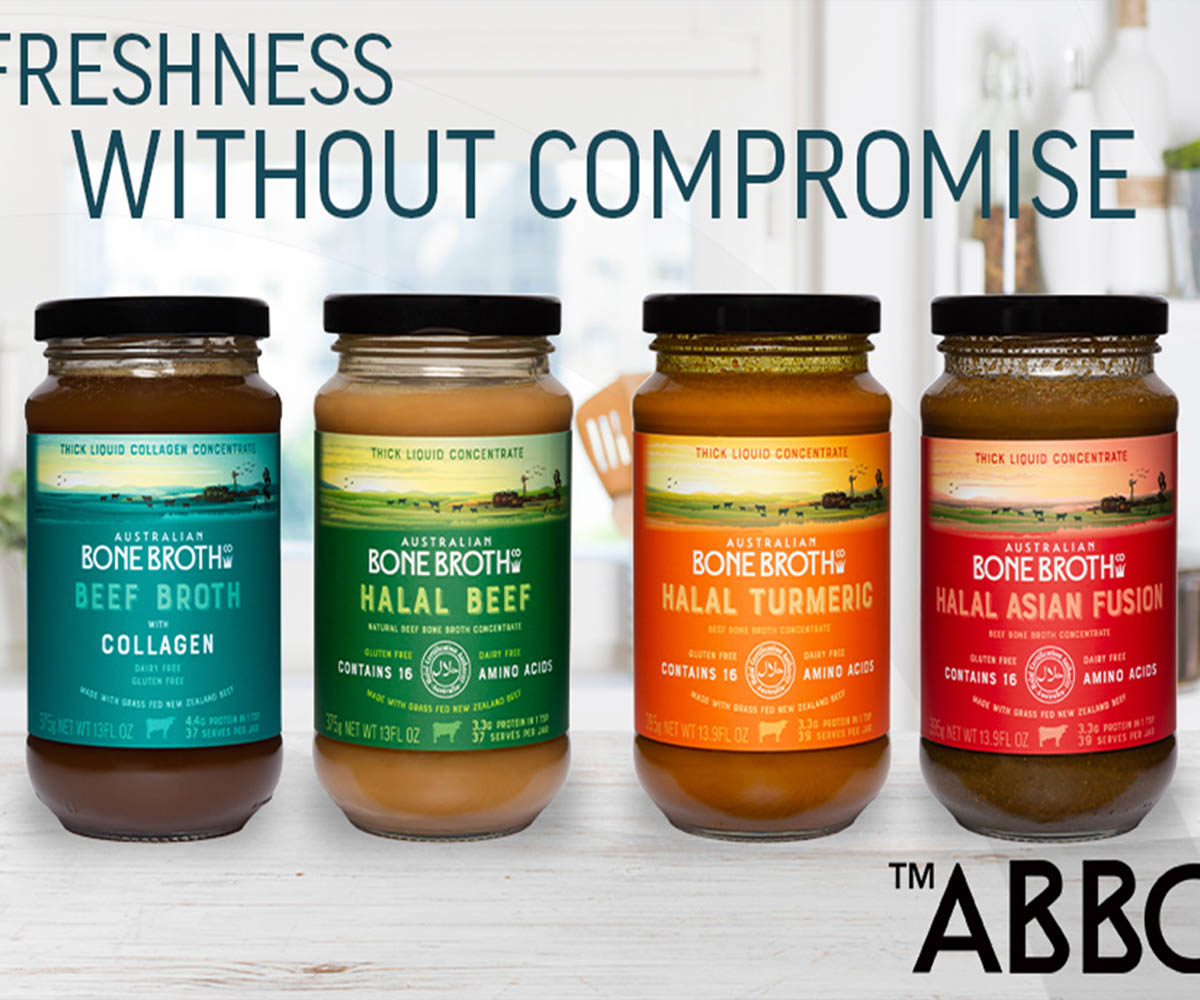

Malaysia Halal
Certification
Halal certification is very important to the large majority of Muslims as it informs them that the product in question is safe to use or consume. Malaysia has a well-established regulations regarding halal certification and is considered among the most comprehensive in the world. The Department of Islamic Development Malaysia (JAKIM) is the agency responsible for halal certification in Malaysia and safeguarding Muslim consumers welfare.
The need for halal certification depends on the type of product that you plan to export to Malaysia. The table below illustrates (but is not an exhaustive list) of how products are roughly categorised based on their profile. Plant material and seafood for instance are inherently halal as long as there is no processing undertaken. The importation of halal meat and dairy products tends to have more stringent audit requirements.
Types of Halal Risk
Low
- Plant Materials
- Pure Seafood
- Legumes & Lentils
- Rice
- Ice
- Spices
- Synthetic Chemicals
Medium – Low
- Soy Bean Products
- Olive Oil
- Sesame Oil
- Vegetable Oil
- Synthetic Vinegar
- Noodles
- Pasta
- Food Additives (excluding E400s)
Medium – High
- Enzymes
- Cheese and byproducts
- Food Additives (E400s)
- Canned Foods
- Confectionery & Pastry
- Dairy Products
- Processed Seafood
- Sauce & Condiments
- Pure Vinegars
High
- Meat & Meat-based Items
- Poultry & Poultry-based Items
- Beef Extracts
- Beef Tallow
- Chicken Skin
- Chicken Fat
- Flavouring
- Gelatine
Source: Islamic Religious Council of Singapore (MUIS)
Note: The above list only serves as a general guideline and not limited to and/or definitive in its information
Requirements of Halal Certification of Fish and Seafood Products
There is no requirement of halal certification for fresh fish. For processed seafood products such as canned or dried seafood however, while halal certification is not mandatory, many importers may require halal certification. This is especially the case when the products are destined for the food service sector and to ensure full market access.
Requirements of Halal Certification of Processed Food Products
Halal certification is not mandatory for processed food products as long as it is not meat-based (exception of pork products). Premium supermarkets in Malaysia do offer both halal and non-halal items in their aisles, but it is still strongly recommended to obtain halal certification for full market access to the Muslim market.
Requirements of Halal Certification of Dairy Products
The “Regulations for the Importation of Milk and Milk Products into Malaysia” by the Department of Veterinary Services (DVS) requires that foreign producers and exporters of dairy products register with DVS and obtain halal certification prior to receiving an import permit. After the application, there is a need to check that their facility is successfully registered on DVS approved list of dairy establishments, which can be found on DVS official website.


For Australian businesses being halal certified, means there is an opportunity to widen your customer base and cater to the growing demand for quality halal products in Malaysia.
In foreign countries, JAKIM will appoint local certification bodies to act as representatives to verify the halal compliance of businesses. The recognised list of certifying bodies is revised by JAKIM on an ongoing basis.
The Department of Agriculture, Fisheries and Forestry works closely with JAKIM on halal-related policies and advises on halal regulatory on halal regulatory matters involving Australia interests.
Please contact us for more information regarding the halal certification process.
Malaysian
Halal Agencies
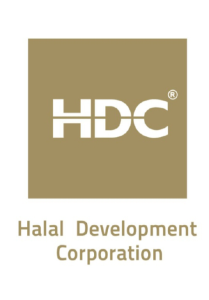

Halal Development Corporation
Malaysia has a comprehensive halal ecosystem backed by the government’s support to make it a leading halal industry hub.
In order to further strengthen its position, the Halal Development Corporation was established to spearhead the development of Malaysia’s integrated and comprehensive halal ecosystem.
HDC Services
Halal Integrated Platform (HIP)
A one-stop online platform connecting halal stakeholders. The platform features a digital directory of halal complying businesses, resources and information relating to the halal ecosystem, and training & support services.
Halal Parks
There are 14 strategic locations of Halal Malaysia (HALMAS) industrial parks encompassing 200,000 acres of land size for investors and industry players to tap into the growing regional opportunities.
Halal Training Institute
Working with international strategic partners, HDC offers a comprehensive Halal training that covers the entire Halal Ecosystem Spectrum. Their courses are catered to individuals, organisations and stakeholders who desire to understand in greater detail Malaysia’s halal industry.
Halal Consultancy & Advisory
A professional service that aims to equip industry players with the essential knowledge and information about the inner and outer workings of the halal ecosystem.



